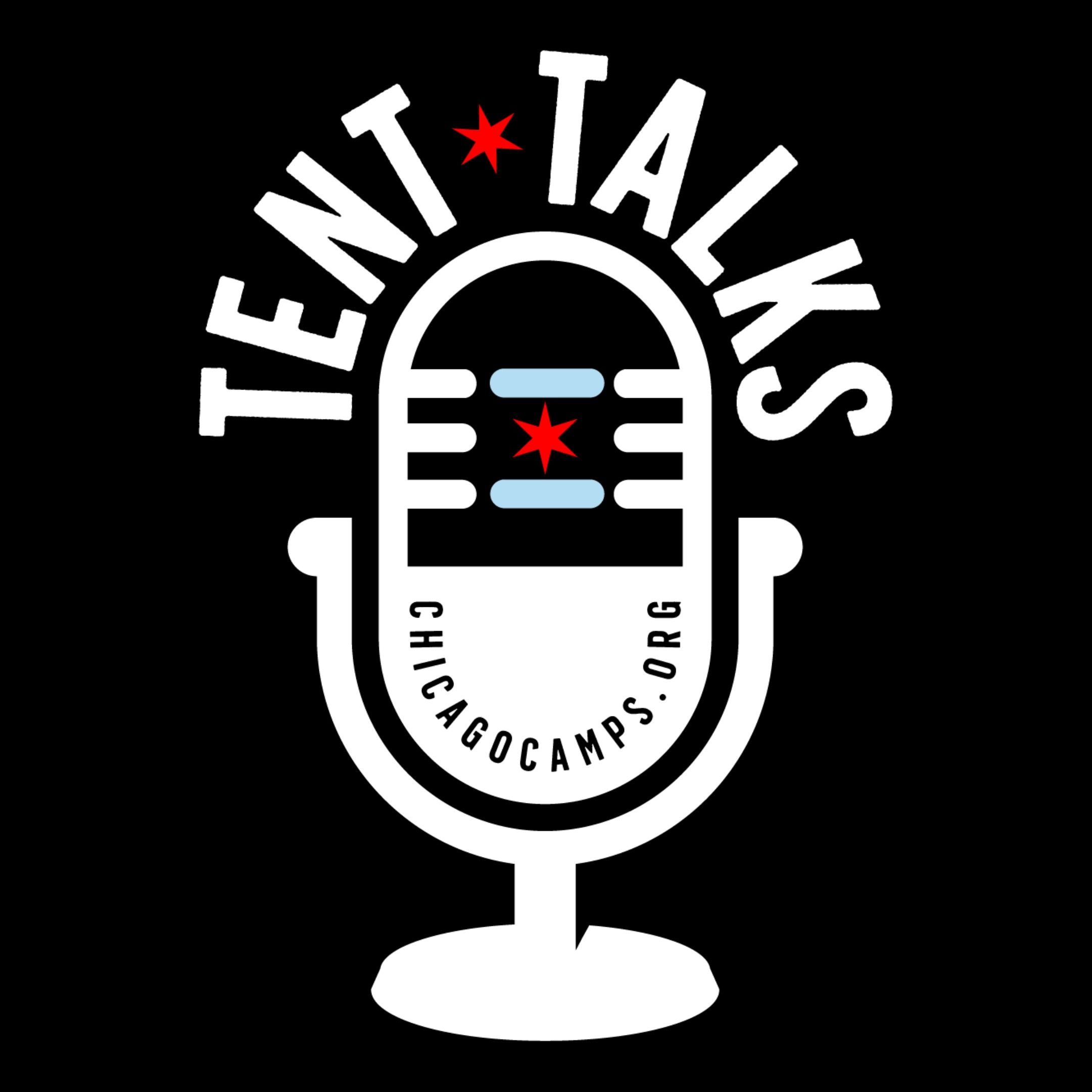Tent Talks Featuring Billie Mandel
Billie Mandel focuses on the well-intentioned yet harmful behaviors people exhibit in tech workplaces that contribute to toxicity. She outlines the top 5 such behaviors and offers tangible solutions for each, from avoiding complicit bystander tendencies to fostering transparent communication.Top 5 Well-Meaning Behaviors That Create Toxic Work EnvironmentsComplicit Bystander: Often rooted in people-pleasing or conflict avoidance, this behavior can have detrimental effects on teams and individuals.Workplace Gossip: Though often unintentional, gossip can have a corrosive impact on work culture, especially in startups where roles and power structures are fluid.Perfectionism: Aiming for flawlessness not only hampers individual growth but can also make leaders the "creativity ceiling" of their teams.Lack of Role Clarity: A nebulous definition of roles and decision-making processes can lead to workplace stress and confusion.Listening to Criticize: When people listen with the intent to appear smart, rather than to genuinely understand or connect, communication breaks down.Deep Dive Into PerfectionismPerfectionism stifles authenticity and induces fear of failure, keeping team members from reaching their full potential.Leadership that enforces perfectionism can lead to employee attrition.Effective CommunicationInviting Criticism: Leaders should use open-ended questions like "What am I missing?" to invite team input.Counteracting Power Dynamics: To build a culture of transparency, leaders should model vulnerability and invite team members into their problem-solving processes.Strategies for Navigating Complex RelationshipsPersonal anecdotes from Billie illuminate the complexities of relationships that are both professional and personal. The key takeaway is to set clear boundaries and be acutely aware of the potential impact on your professional roles.Approaching Difficult Conversations When You're the ProblemAcknowledgment: The first step is admitting to the mistake.Framework: Use the "Situation, Behavior, Impact" model to discuss the issue.Actionable Steps: Sometimes an apology isn't enough, especially in DEI contexts. It's essential to take steps to do better.Strategies for Inclusivity and Anti-ToxicityIf you're privileged, use your platform to amplify underrepresented voices.Focus on continuous improvement, particularly through actions, rather than mere apologies.Additional Insights from Billie MandelLeadership and Vulnerability: Inspired by Brene Brown, Billie recommends showing your own mistakes as a way to establish trust within the team.Gossip Trap: Be cautious with who you vent to. Gossiping, especially to a boss, can be destructive.Backstabbing Dilemma: When receiving feedback about someone, it's responsible to ask, "Have you talked to them about it?"Recommended Reading and Resources"Mindset" by Carol DweckBillie Mandel's coaching practicesActionable Tips for ImprovementSet Boundaries: Clarify roles and boundaries, particularly in complex relationships.Choose Vent Buddies Wisely: Keep professional and venting relationships separate.Encourage Open Dialogue: Create an environment where team members can directly communicate with each other.Be Cautious with Feedback: Redirect negative feedback to the concerned individual.Acknowledge Mistakes and Learn: Take actionable steps to improve, particularly in DEI contexts.

